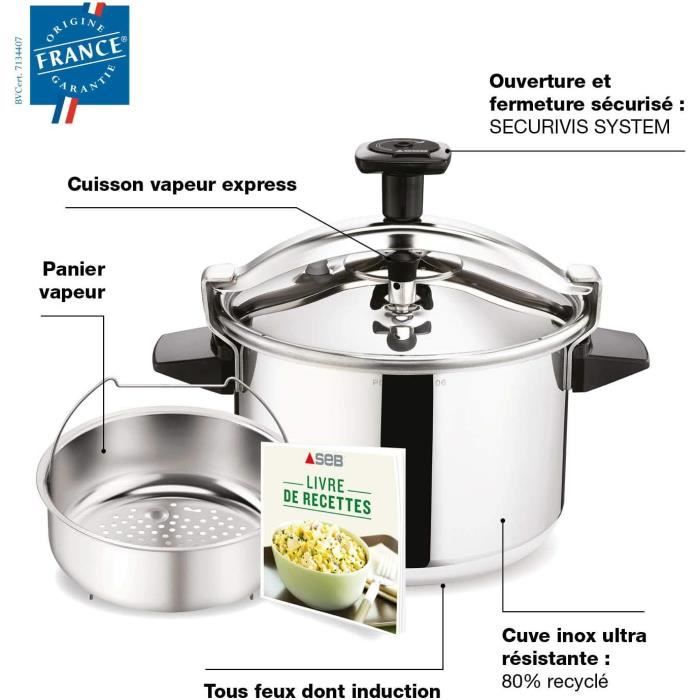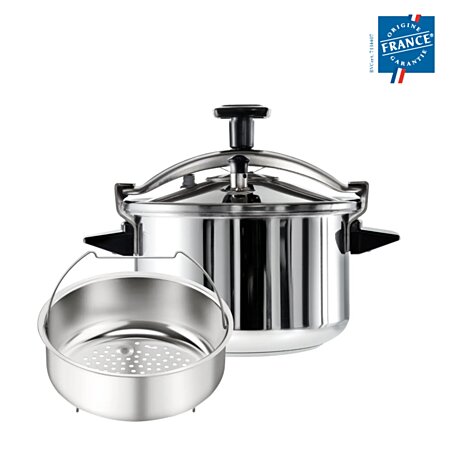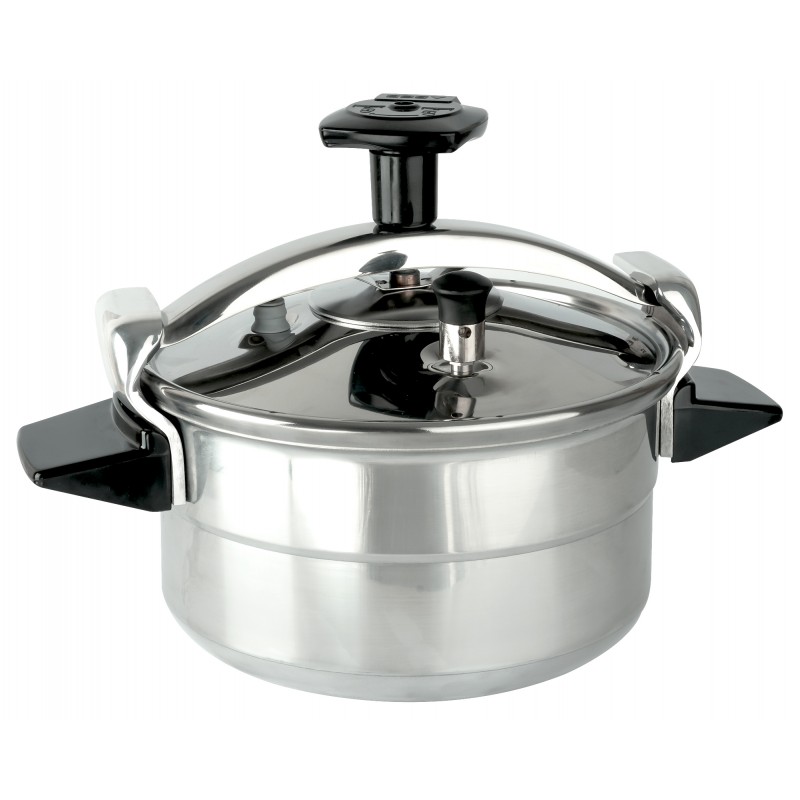
Seb Clipso+ Precision Cocotte-Minute 4,5 L, Autocuiseur inox, Cuisson vapeur saine, Induction, Fabriqué en France P4400600 : Amazon.fr: Cuisine et Maison

Autocuiseur / cocotte minute SEB SENSOR 4,5 litres pour plaque gaz ou électrique - Ne fonctionne pas sur induction | Rakuten

Seb Clipso+ Precision Cocotte-Minute 4,5 L, Autocuiseur inox, Cuisson vapeur saine, Induction, Fabriqué en France P4400600 : Amazon.com.be: Cuisine et maison

Seb P4620600 Autocuiseur Cocotte-minute Faitout Clipso Minut Perfect - 4,5 L - Tous F à Prix Carrefour

Seb P4620616 Autocuiseur Cocotte-minute Clipso Minut' Easy - 4,5 L - Tous Feux Dont I à Prix Carrefour

Seb Authentique Autocuiseur 4,5 L, Pour 2 à 4 personnes, Cocotte-minute inox, Tous feux dont induction, Fabriqué en France P0530600 - Cdiscount Maison

















